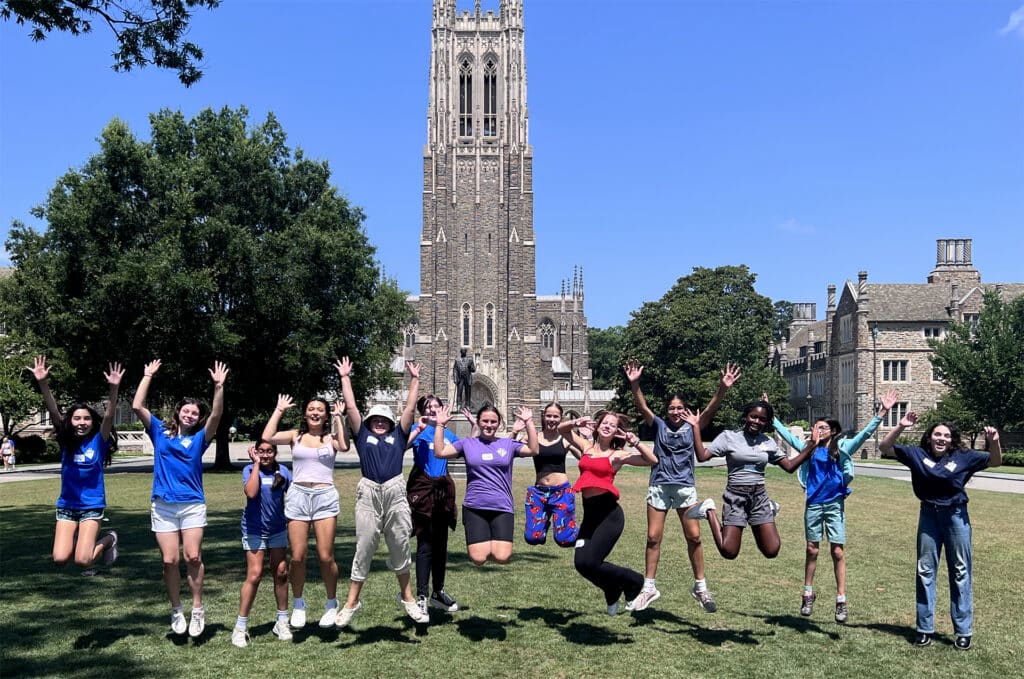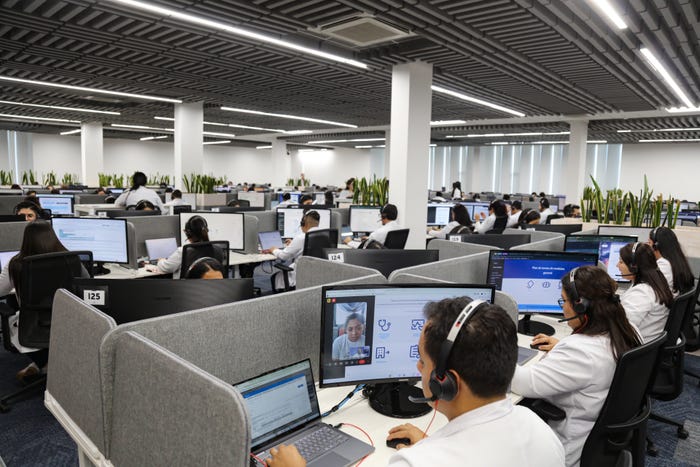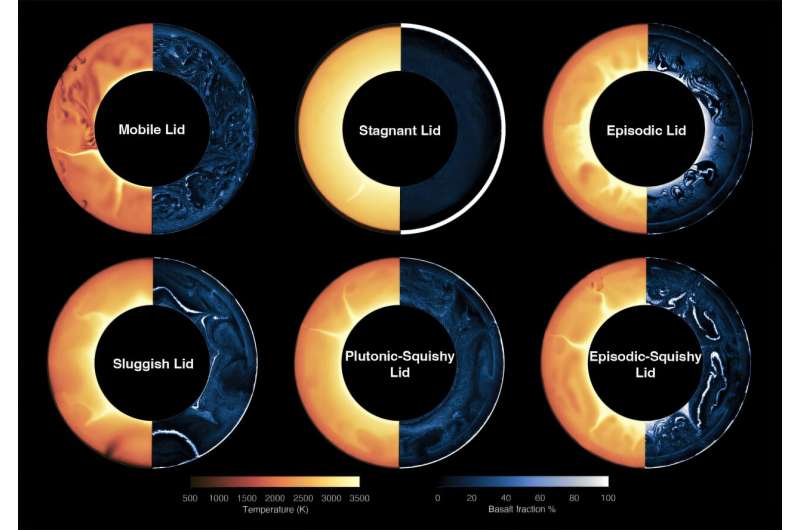Duke University’s engineering faculty, staff, and students have been actively engaging with the local community this summer through several innovative outreach programs. These initiatives aim to inspire future generations and provide hands-on learning opportunities in engineering and mathematics, even when classes are not in session.
Building Bridges Between Universities
A notable initiative is the collaboration between Duke Engineering and North Carolina Central University (NCCU), designed to provide students from NCCU, which lacks an engineering school, with practical research experience. Over nine weeks, students participated in the Pratt-NCCU program, where they were paired with Duke labs. This inaugural cohort not only gained technical skills but also fostered a sense of community among participants.
Carmen Rawls, program director and assistant dean for advising and outreach at Duke Engineering, emphasized the importance of shared experiences. “One conversation the students and I had early on was about how their experiments were not going right on the first try,” Rawls explained. “By talking with other students, the scholars learned that setbacks are a natural part of research.”
Among the participants, Jayvon Butler, a senior at NCCU, conducted research on nanoparticles in the lab of Christine Payne, chair of the Department of Mechanical Engineering and Materials Sciences (MEMS). Butler remarked, “This experience not only broadened my technical skill set but also helped me grow in a professional research environment.” His work focused on biomedical applications, including drug delivery and diagnostics.
Rawls anticipates that the success of this program will lead to increased interest and participation in the coming years, opening doors for future collaborations and graduate school opportunities for students.
Engaging Young Minds in Mathematics
Another outreach initiative, Girls Exploring Math (GEM), aims to transform how middle schoolers engage with mathematics. This two-week summer workshop invites rising seventh- to ninth-graders from Durham Public Schools, regardless of gender, to explore math through creative, hands-on activities.
Activities included crafting origami to understand fractals, using card tricks to learn about bases, and slicing bagels to illustrate mobius strips and topology. Sophia Santillan, a MEMS associate professor and co-director of GEM, stated, “We want to show students that math can be fun. You don’t always have to do things in a formulaic way: you can build creative solutions.”
Participants also had the opportunity to visit various labs at Duke, where they interacted with professionals in science, technology, engineering, and mathematics (STEM). Tori Akin, another GEM co-director, expressed her enthusiasm for fostering curiosity in students. “If I can get even one kid interested enough to think, ‘Wait, why does this work? Can we go one step further?’ Then I’ve achieved my goal,” Akin noted.
Feedback from parents has been overwhelmingly positive, with many reporting that their children have developed a newfound interest in advanced math courses. The GEM team plans to expand the program to reach more communities, aiming for long-term institutional support and a replicable curriculum for other educators.
Robotics Comes Alive in Local Libraries
In a separate initiative, Duke Engineering partnered with the Durham Public Library to bring robotics to children in an interactive outreach event. This program featured hands-on stations designed for K-6th graders, introducing them to various aspects of robotics in a fun and engaging manner.
Activities included controlling a color-sensing Lego car and operating a pneumatic robot arm made from syringes. Graduate student Gabriela Morales, who designed the stations, reflected on the joy children experienced while learning. “One hour later, that kid was playing with the actual code on my laptop and upgraded the car to play sounds and change lights when it sensed different colors,” she recalled.
The event also allowed graduate students to enhance their science communication skills and reconnect with the excitement that initially drew them to STEM fields. Siobhan Oca, director of MEMS Master’s Studies, expressed interest in making such outreach programs a regular feature at the library, potentially offering educational takeaway kits to extend learning beyond the event.
These outreach initiatives from Duke Engineering showcase the university’s commitment to fostering innovation and collaboration with the community, inspiring young minds to consider careers in engineering and mathematics.







